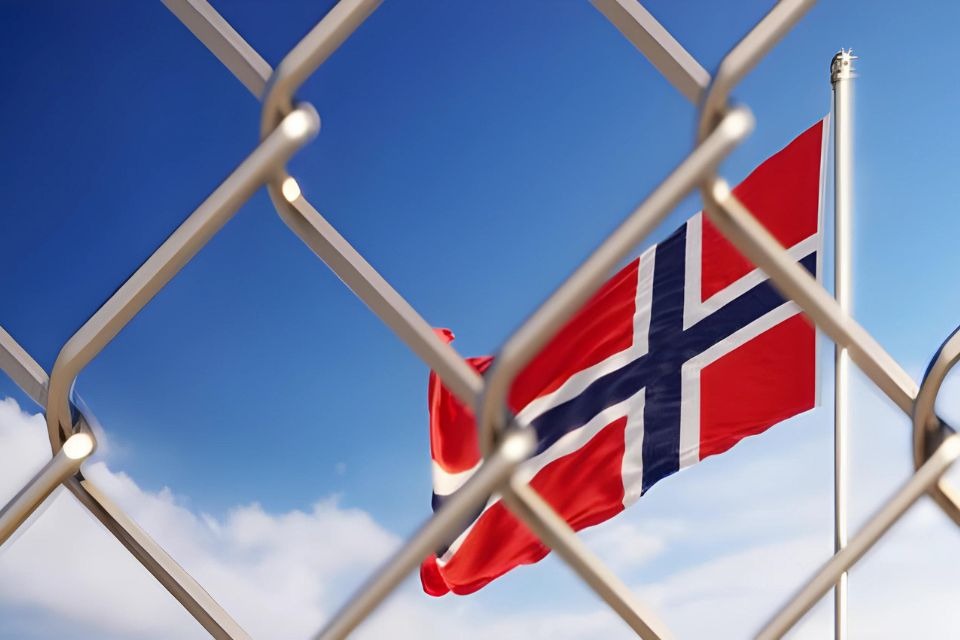What Is Assimilation?
Assimilation refers to the process where a government or state enforces cultural, linguistic, or ethnic minorities to become as similar as possible to the majority population. It is typically a one-way transformation, where minorities must abandon their unique identities in favor of the dominant culture’s norms, language, and values.
Key Difference: Assimilation vs. Integration
| Aspect | Assimilation | Integration |
|---|---|---|
| Cultural Freedom | Often eliminated | Generally preserved |
| Linguistic Diversity | Suppressed | Encouraged and respected |
| Role of the State | Forces minorities to conform | Facilitates coexistence and support |
| View on Diversity | Seen as a threat | Viewed as a strength |
The Ambiguity of the Norwegian Model
Norway claims to promote inclusion and multiculturalism, but many state practices reflect a deliberate push for assimilation. This is evident in political programs such as that of the Progress Party (FrP), which demands:
- Refugees to sign contracts accepting “Norwegian values”
- Adherence to norms on parenting, democracy, gender equality, and religious freedom
- Priority given to Christian minorities over other non-Western groups
These expectations do not reflect true integration; they represent an effort to erase cultural differences, placing the burden of change solely on immigrants.
The Receiving Society’s Failure to Adapt
Contrary to political rhetoric, the issue of integration isn’t just about the individual immigrant’s willingness to adapt — it’s equally about the society’s readiness to accommodate diversity.
When integration becomes an individual responsibility:
- Economic and social burdens shift to private citizens
- A divide forms between “true members” and those treated as “bonus citizens”
- NGOs end up replacing, rather than supplementing, state responsibility
A Dangerous Political Blind Spot
The Progress Party operates under the false belief that integration fails due to the immigrant’s inability to adapt. But this stems from willful ignorance of non-Western cultures and the complexity of adapting to conflicting norms and expectations.
If immigration is to benefit Norwegian society, political solutions must address how the majority society can evolve and meet newcomers halfway.
Toward an Inclusive Future
Norway cannot expect to foster unity while marginalizing those in need. Politicians often shield problematic views behind the guise of “freedom of speech,” using cultural tension as a scapegoat for systemic failures.
To move forward, we need:
- A society that adjusts with immigrants, not in spite of them
- Policies that support shared belonging, not cultural erasure
- Honest conversations about ethnicity, solidarity, and inclusion
Conclusion
Assimilation might offer surface-level unity, but at the cost of diversity, dignity, and long-term cohesion. True integration recognizes the value of all cultural identities — and builds a society where everyone belongs without having to disappear.
Let’s not mask exclusion with fancy language. Let’s choose solidarity over silence, and community over conformity.

Leave a Reply